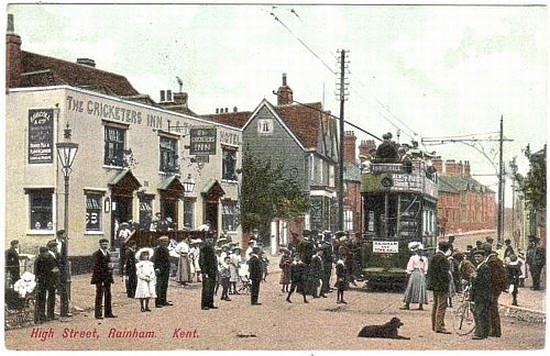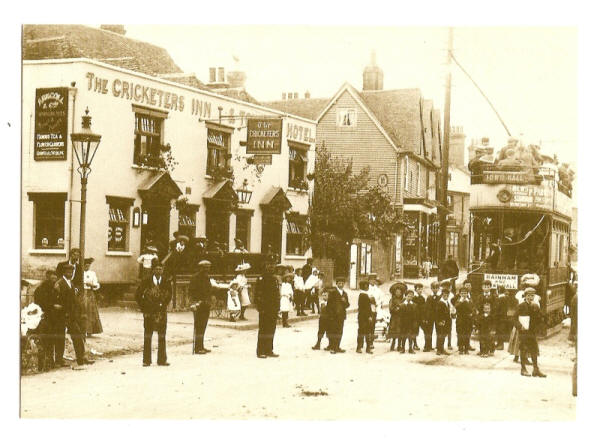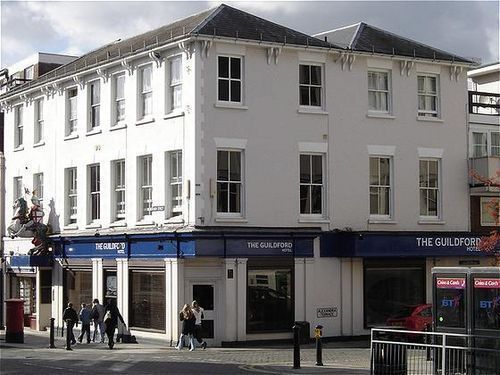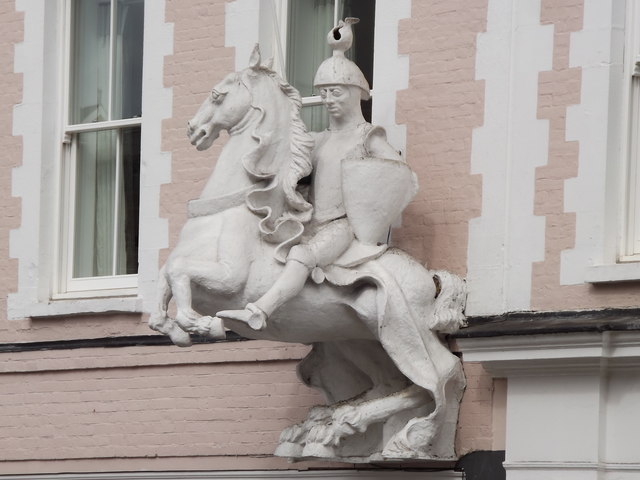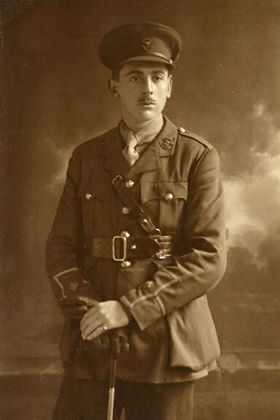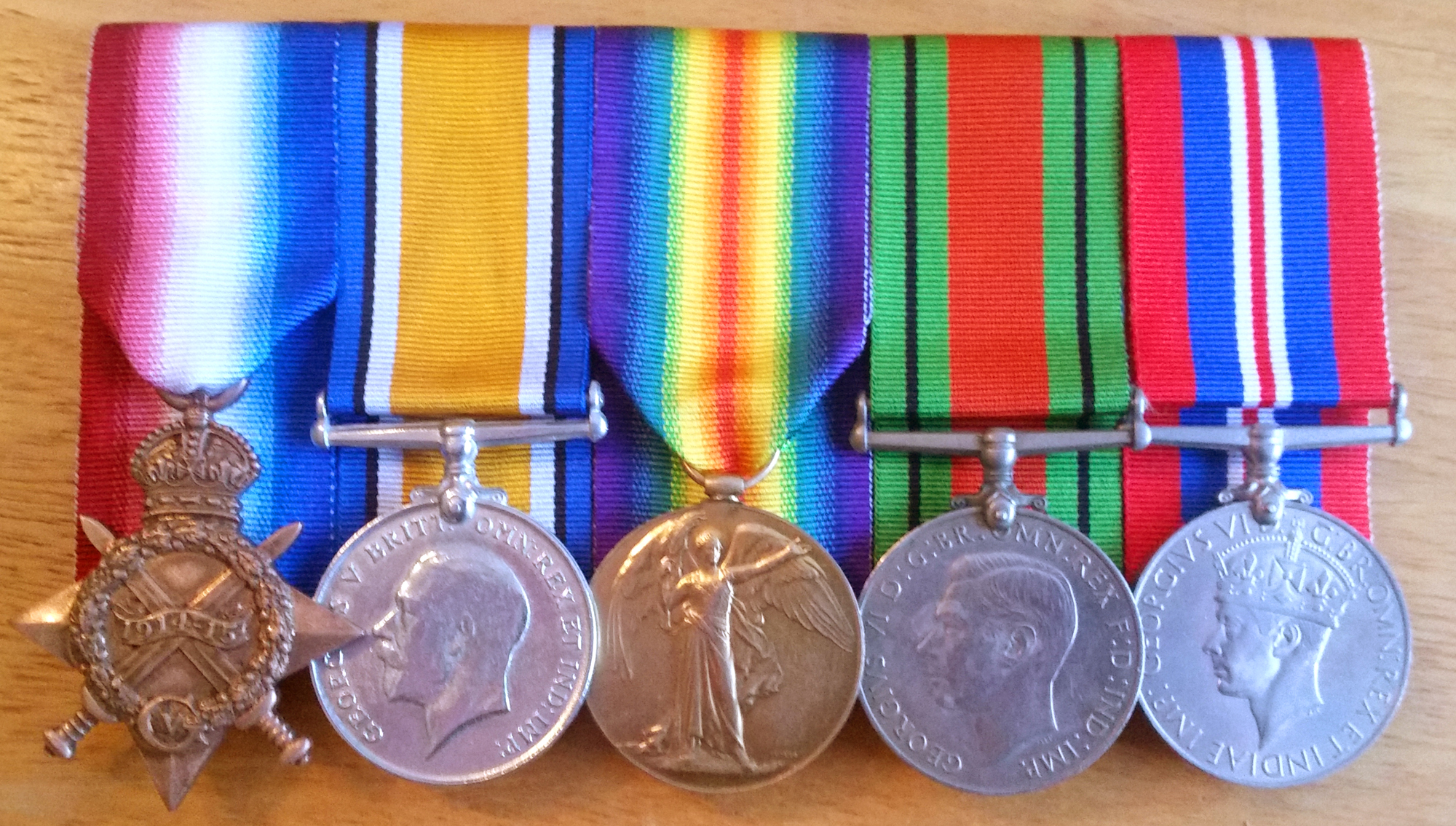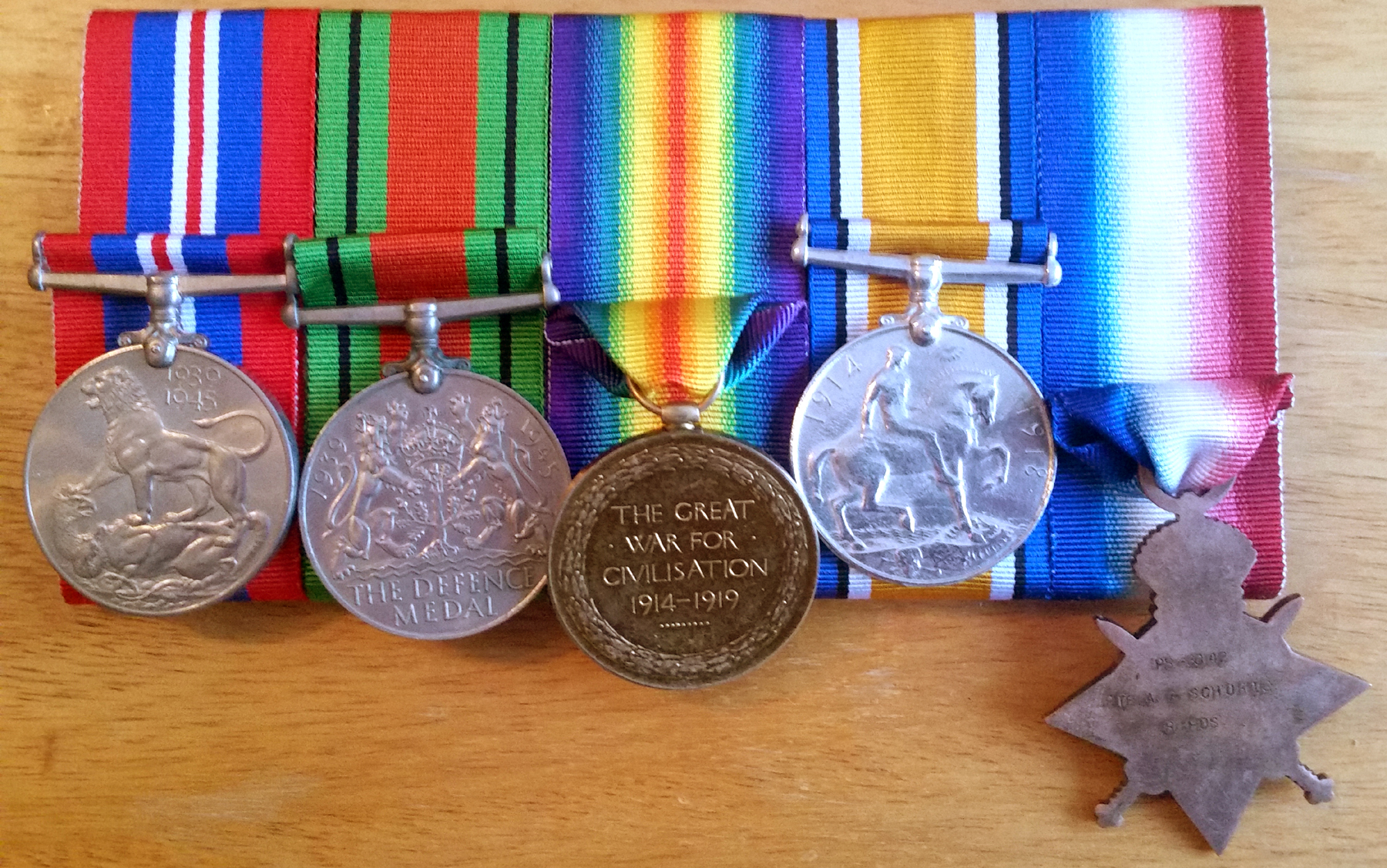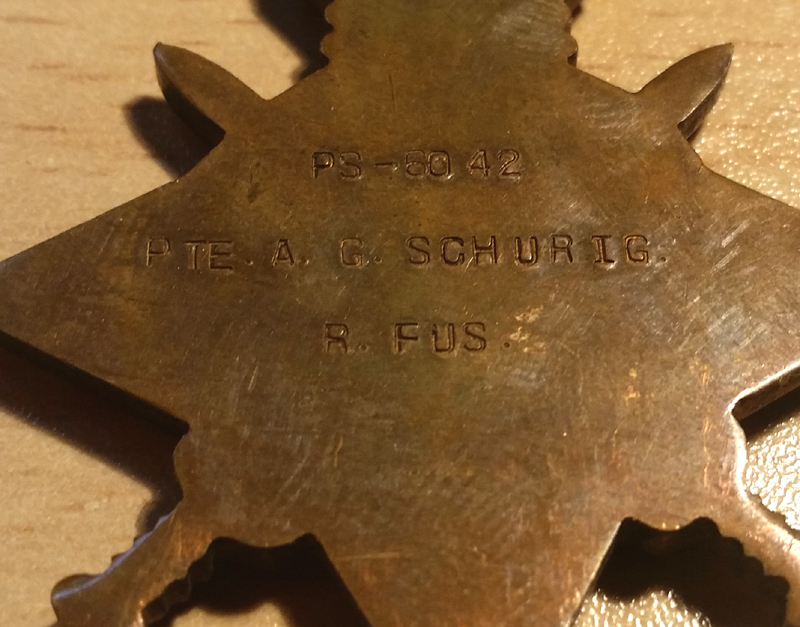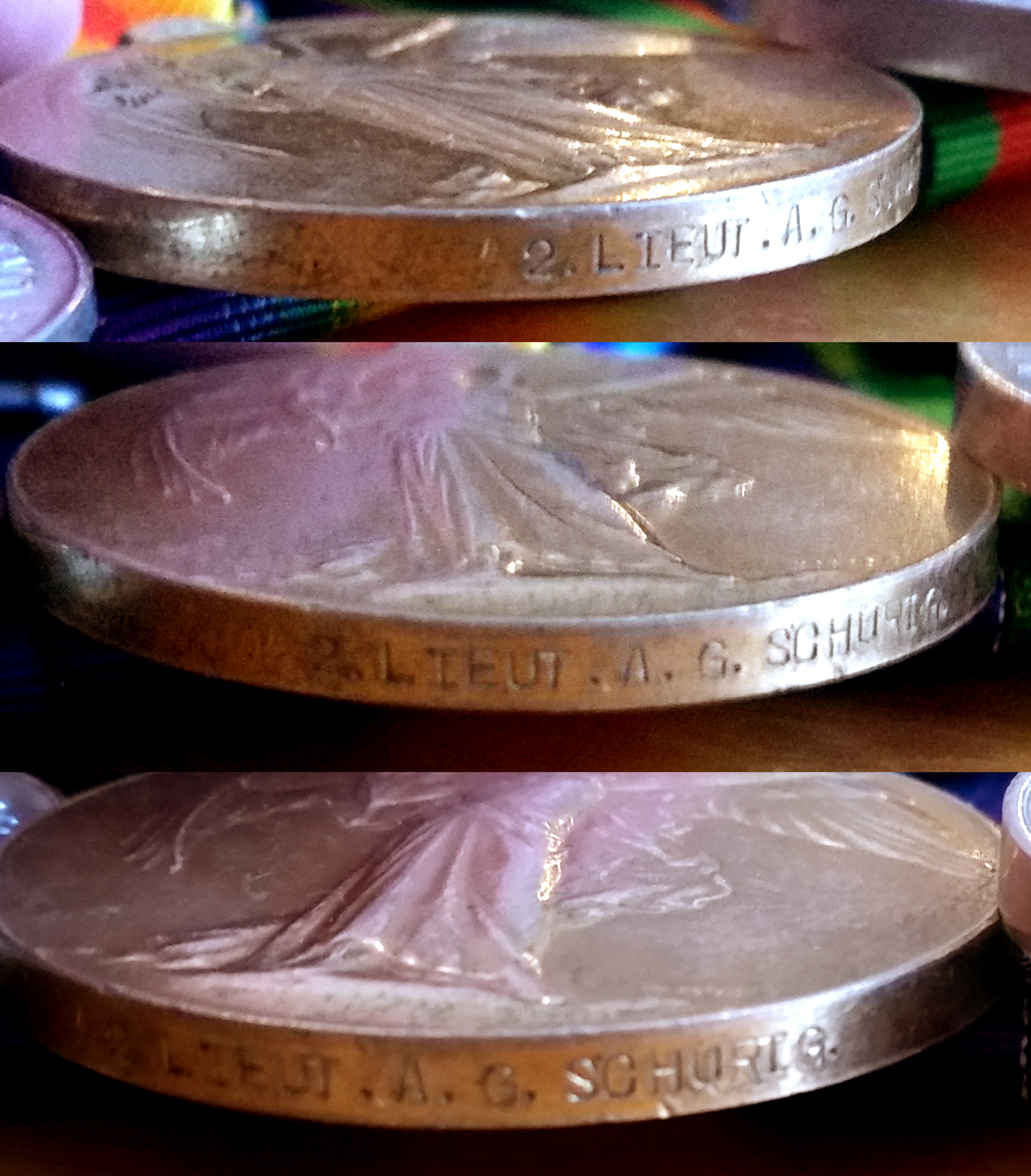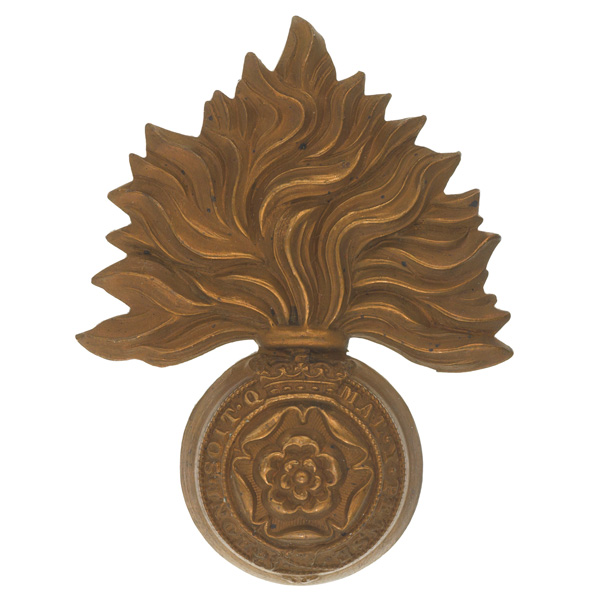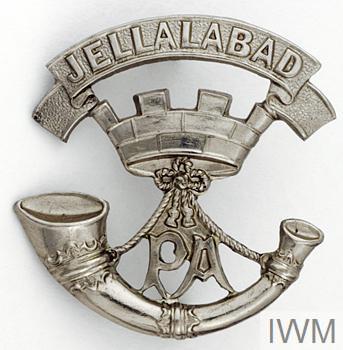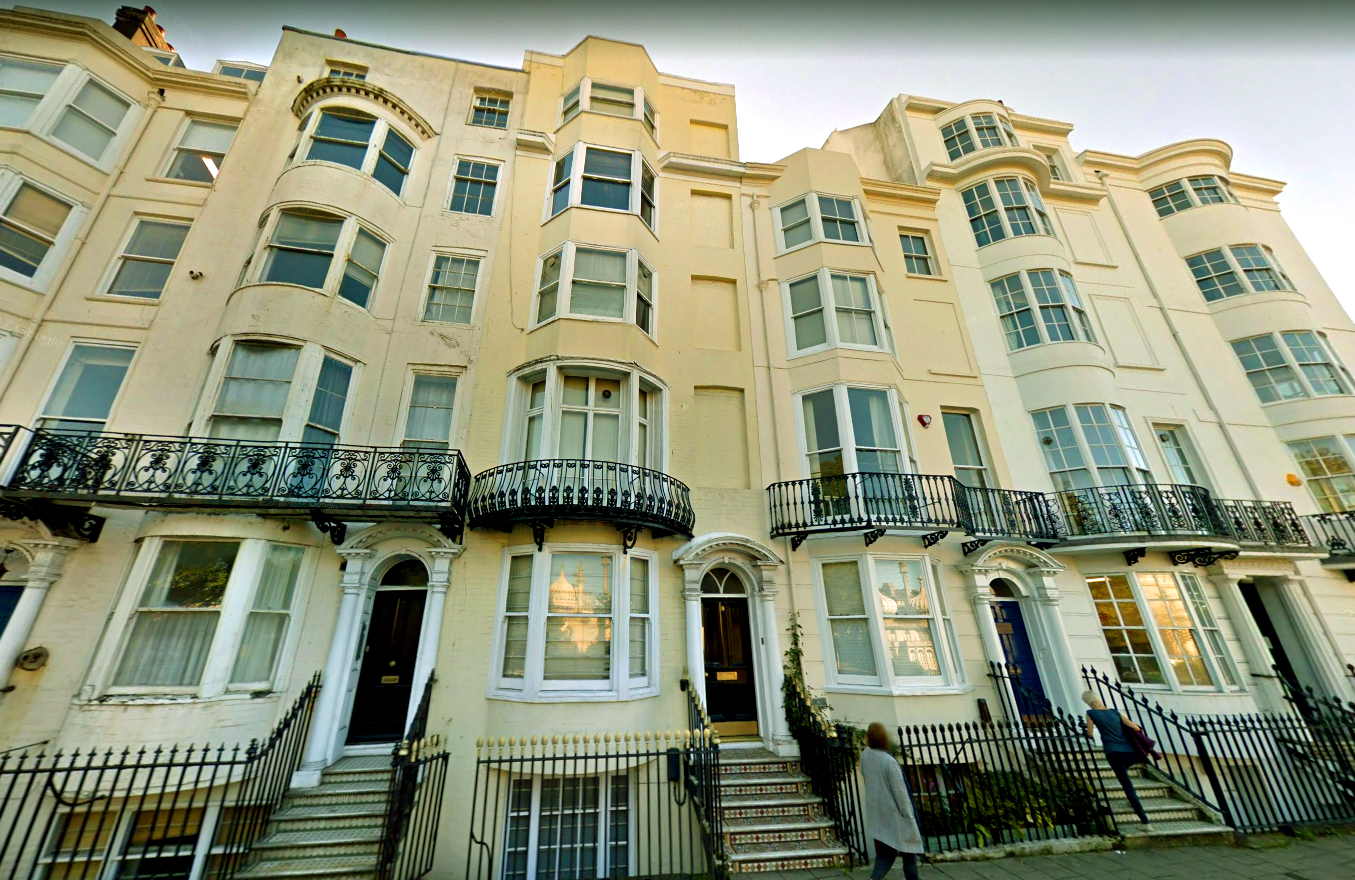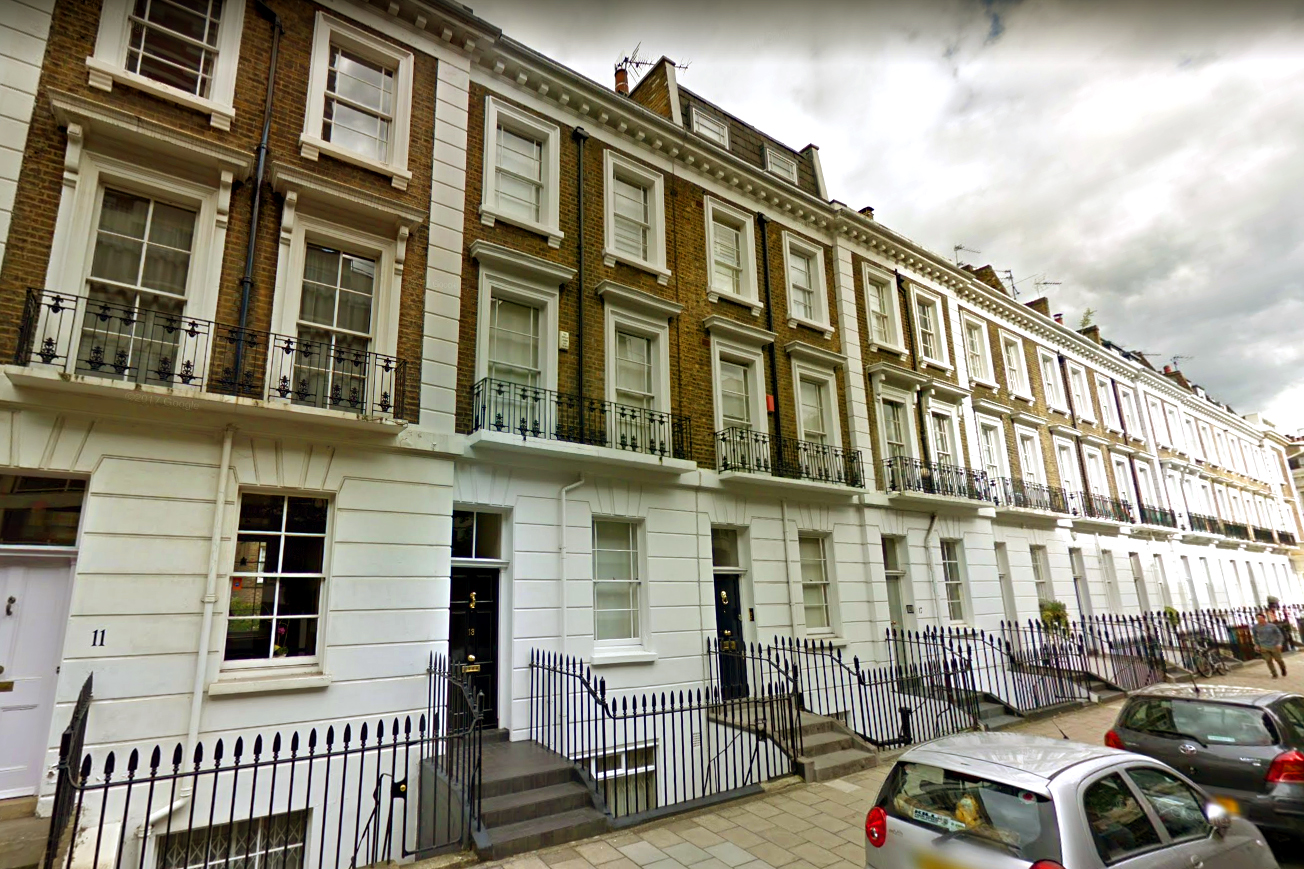Alexander George Schurig
(Click any thumbnail image to view full size)
Family
Alexander was born between April-June 1895 on the Isle of Wight. His Father, Paul Alexander Schurig was a German immigrant from Großröhrsdorf, near Dresden, Saxony, East Germany. His Mother, Emily, was born in Walmer, Deal, Kent. They met while Paul was living in Deal. The 1891 census shows Paul, a hotel keeper/proprieter, running the Walmer Castle Hotel in Deal with his wife Emily and two members of staff (a porter and an assistant). The following year, in 1892, while still in Kent, they had a daughter, Pauline. The Walmer Castle Hotel is shown below as it looked in 1952, and can be viewed at various stages of its life using the links (click image or links to view full size photos).
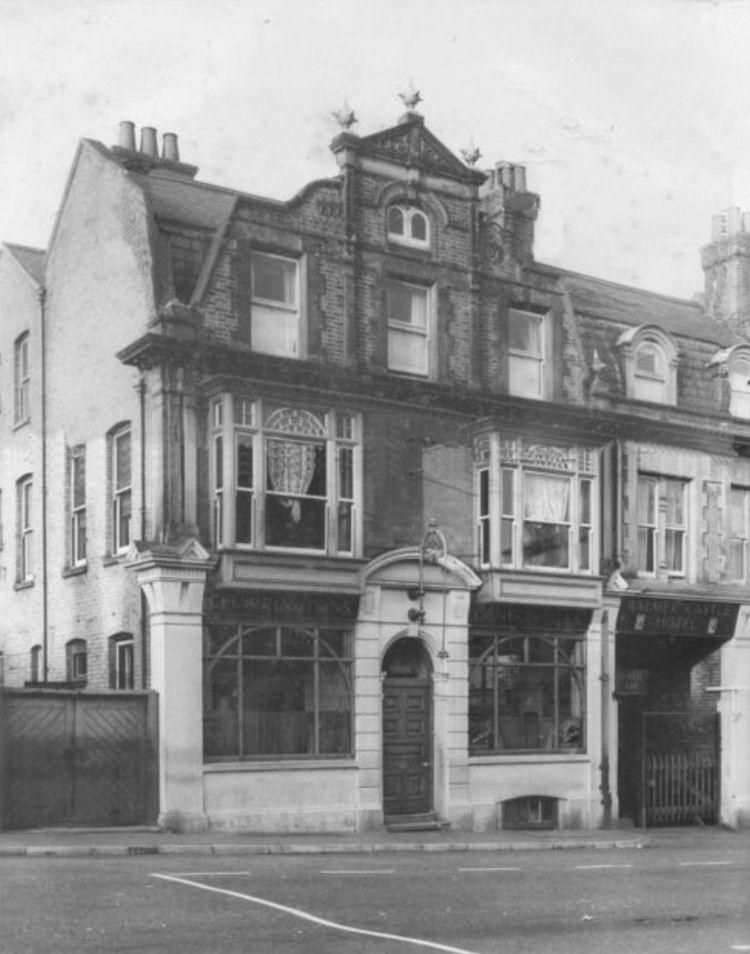
Walmer Castle Hotel in the early 1900s , 1932, 1952, 2001 & 2011
The family moved to the Isle of Wight for a time where Alexander was born in 1895, but by 1899 the family had moved to Rainham, Near Gillingham, Kent, to run the Cricketers' Inn on the High Street. The pub is shown below (cliack any image to enlarge).. The current Cricketers Inn in Rainham is at a different location and appears to have been named after the original (now gone).
Paul is still listed as the proprieter of the Cricketers' Inn in 1903, but by the time of the 1911 census, the family had been on the move yet again, and are shown to be living in Guildford, Surrey, with Paul now running the White Horse Hotel there. The previous year, Paul obtained British citizenship, a photo of the page in the original hand-signed "Naturalisation to an alien" register is linked below. Alexander, by now 15 years old is attending the Royal Grammar School (RGS) in Guildford school, with his mother Emily (59) and older sister Pauline (19) helping in the home and with the running of the Hotel with his Father, Paul (56). The Royal Grammar School was a selective independant school which charged fees, so evidentently Alexander not only excelled academically, but the family could also afford the fees to send him to the best school in the area. The White Horse Hotel later became the Guildford Hotel, but sadly is no longer a pub. The building remains, as does the famous white horse statue outside (shown below).
1891 Census
1899 Kent Directory - listing Paul Schurig running Cricketers Inn, Rainham
1903 Kent Directory - listing Paul Schurig running Cricketers Inn, Rainham
1910 - Paul and children shown in the naturalisation of aliens register - Page 1 , 2
London Gazette of 1st Feb 1910 - noting Paul Schurig's naturalisation (PDF)
1911 Census
Alexander George SCHURIG (Lieutenant)
PS/6042, GS/50456, 18th (Service) Battalion (1st Public Schools) Royal Fusiliers
After
commision - King's Somerset Light Infantry and Pioneer Corps
Later service number 139281
1914-15 Star, British War Medal*, Victory Medal plus WW2 Defence and War Medals
*BWM is a replica gap fillerShortly after the initial battles in France involving the British Expeditionary Force, which consisted of pre-war mainly full-time soldiers, there was a surge in interest in "joining up" when it became clear the country would need more servicemen. Alexander was one of the young men to answer the call, and whilst presumably still attending the Royal Grammar School, joined the 18th (1st Public Schools) Battalion, Royal Fusiliers (City of London Regiment), which was raised nearby in Epsom on the 11th of September 1914 by the Public Schools and University Men's Force. Alexander would serve in the Battalion as a lowly Private. The majority of the young men signed up as private soldiers, and training was mostly carried out near home.
On the 26th of June 1915 they were assigned to the 98th Brigade, 33rd Division. The Division concentrated at Clipstone camp near Mansfield in Nottinghamshire in July 1915. In August they moved to Salisbury Plain for final training and firing practice. In November the battalion was transferred to the 19th Infantry Brigade and the time had come for the Battalion to mobilise and proceed to France, arriving on the 14th and concentrating in Morbecque. The remainder of the month was spent at variuous camps for instruction, drills, firing range practices and inspections.
On the 1st December 1915 Alexander, and the rest of the 18th RF marched from their camp at Bethune to Le Quesnoy to take over front line trenches. When they arrived the found the trench very wet, and with poor drainage. The firing line parapets were old and broken, and there was no communication trench, due to flooding. A world away from the trenches they had trained in! They lost some rilfes and equipment in the quagmire during the hand-over of the position. At 5.30pm on the 3rd December, they were subject to enemy shelling, killing one of their number. The 4th was relatively quite, but for some artillery and bursts of machine gun from the enemy. On the 5th, a shelter collapsed, causing the deaths of two more men of the battalion. They worked to repair the parapet and drain the communication trench, and had to endure another artillery bombardment in the afternoon, this time thankfully taking no casualties. The 6th saw more artillery from both the British over thier heads, followed by the enevitable retaliation, which killed 7 men of the battalion, and wounding more. They were relieved on Tuesday 7th December, finally leaving their muddy trench, and having finally experienced a little of the horror many would have to face many times again.
They returned to camps around Bethune, and spent the rest of the month cleaning, inspecting and training. On Christmas day 1915 there was holy communion and seperate voluntary services for both Church of England and Roman Catholics, followed by football and shooting competitions. Boxing day was even quieter, with only a church parade at 11.30am. The rest finally ended on the 27th when they were on the move again, to take front line positions during heavy British shelling on the German lines on the 28th, South of the La Basse Road. Over the following days they work to repair the damaged and flooded trenches.
They were again heavily shelled on the 2nd January, causing a fire around the Brigade office, killing 8 men. The 3rd saw no let up, with intense artillery from both sides. They were finally relieved on the 4th. The next 10 days saw the men clearing trenches and cellars with the Royal Engineers in the area. They re-entered the front line trenches at a stretch called Harley Street on the 15th January, staying there until relief came on the 22nd. Apart from some shelling over those days, an officer was killed in a mine shaft, and another by a German mine while underground. The battalion got a much-needed day's rest before having to return to the line on the 25th. They spent the time until they left the line on the 31st making repairs and fixing the drainage issues. They were only hampered by sporadic shelling, and "troublesome" snipers causing "slight wounds" to three men.
They spent most of February 1916 on training once again, returning to the front line on 11th February for a few days, where they encountered heavy shelling once again, and the officer writing in the war diary remarks that the trenches are at least "better than others we've been in". They retired to support positions, only encountering some sniper fire. The remainder of February saw them preparing to move away from Bethune, moving finally on the 26th to St. Omer by train, their journey to the train station stalled due to finding difficulty in obtaining trasport in the frozen conditions. Route marches, inspections and training was on the cards for the battalion for the rest of the month and the foreseeable future, with the 18th Bn Royal Fusiliers gearing to become and officer training unit.
Most men in the battalion, Alexander included, would be trained to fill the shortage of educated, and more importantly, experienced officers in the various units on the Western front. Those who were not selected, or did not want to become officers were attatched to other battalions, many to the 26th bn to fight in the upcoming Battle of Loos.
The Battalion was formally disbanded on the 24th April 1916, Alexander would spend the next year training to become an officer. He was finally commisioned on the 28th November 1917, with a notification in the London Gazette he had been promoted to 2nd Lieutenant from Officer Cadet in the Somerset Light Infantry. The photograph of him in uniform is taken around this time, as it shows the single pip denoting 2nd Lt on the sleeves of his uniform and a Somerset Light Infantry cap badge. His actions are unknown after this point, but he would probably have seen action for the remainder of the war with them. The only notes in his files show that he attended at the 13th Corps Infantry School from 19th June until 18th July 1918, he was in hospital for a day in August that year and that he was sent home to England on leave from 12th September until the 2nd October 1918, although after rejoining his battalion, he spent 2 weeks in hospital in France. He is also listed on the Guildford electoral roll in 1918.
On the 20th April 1919 he was transferred to serve overseeing a German PoW camp with a Prisoner of War Company in Rouen.
On the 28th May 1919 Alexander is promoted to Lieutenant, with his promotion again being mentioned in the London Gazette. On the 17th January 1920, he finally relinquishes his commision, having reached the end of his agreed service. He is allowed to retain the title and rank of Lieutenant. He returns to live at the rather grand looking 8 Pavillion Parade, Brighton, shown below as it looks today (click to enlarge).
By the time his medals were issued, he was living in Putney, South West London. He recieved the 1914-15 Star, British War Medal and Victory Medal. In early 1926, aged 31, he married Margaret Dalton in Wandsworth, London. In 1935 he appears on the electoral roll living at 35 Alderney Street, SW1, in Pimlico, City of Westminster, shown below as it looks today.
His WW2 service is largely unknown currently, although I am still pursuing avenues of investigation, including working towards obtaining a copy of his service papers covering this period.
At the age of 45, Alexander Schurig would once again be called up for service, when England found itself at war with his Father's old home country, when on the 4th July 1940 he was granted an emergency commision into the Auxillary Military Pioneer Corps, with his retained rank of Lieutenant. On the 28th October 1942 he was transferred to the King's Somerset Light Infantry, where he had served previously, only to be transferred back to the pioneer corps barely 3 weeks later. For his serivce in WW2 Alexander Schurig was awarded the Defence Medal and War Medal.
Having served in both World Wars, Alexander George Schurig died in Shrewsbury in 1966, aged 71.
Medal Index Card
Brief document showing service as an officer
Demobilisation protection travel document - and reverse side
Addressed medal return slip- and reverse side
Photograph of original Commision Certificate
18th Bn Royal Fusiliers War Diary -
Nov 1915 - Feb 1916 (PDF)
1918 Electoral Roll
1926 Marriage on Civil Register
1935 Electoral Roll
London Gazette Entry (PDF) - 21 Dec 1917 - Promotion Officer Cdt to 2nd Lt
London Gazette Entry (PDF) - 24 June 1918 - Transferred to Service Battalion
London Gazette Entry (PDF) - 13 Aug 1919 - Mentioned in colleague's promotion
London Gazette Entry (PDF) - 30 Jun 1919 - Promotion Temp 2nd Lt to Temp Lt
London Gazette Entry (PDF) - 16 Feb 1920 - Relinquishes commision
London Gazette Entry (PDF) - 6 Sep 1940 - Emergency commision
London Gazette Entry (PDF) - 27 Oct 1942 - Transfer Pioneer Corps to KSLI
London Gazette Entry (PDF) - 11 Dec 1942 - Transfer to Pioneer Corps from KSLI
 The Invicta Medal Museum (Online)
The Invicta Medal Museum (Online) 